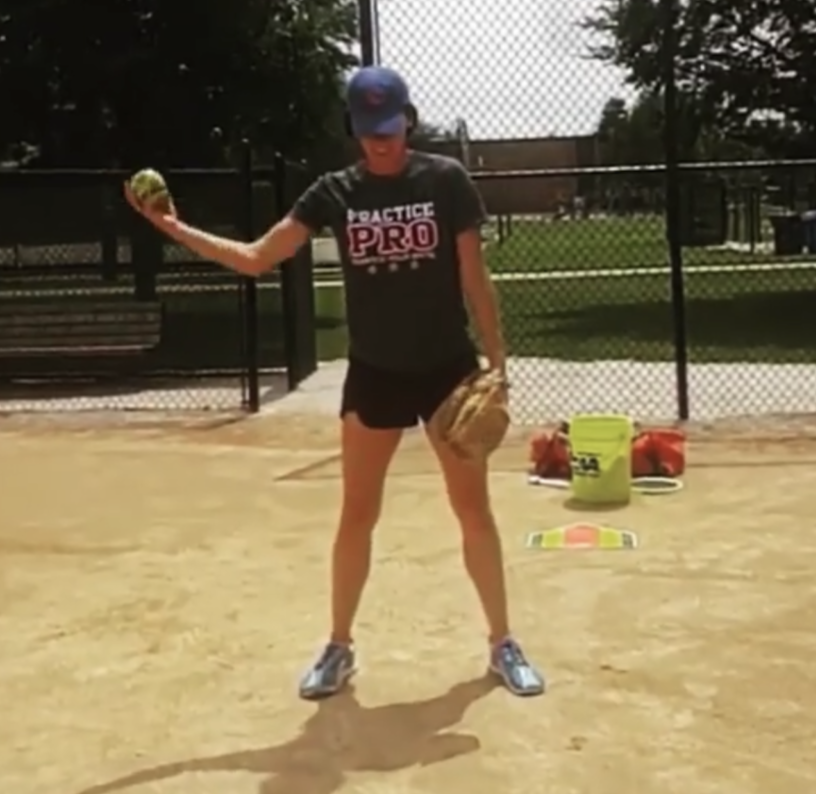Golden Rules of Goal Setting
/I've grappled with the concept of S.M.A.R.T. goals, despite being a frequent teacher of it, as it often felt inadequate. The idea of a goal being both "reaching" and "attainable" seemed paradoxical. However, a few years ago, I stumbled upon a transformative solution. I began by crafting a S.M.A.R.T. goal—specific, measurable, achievable, relevant, and time-bound. Then I added a second, much bigger, long-term goal.
Read More





















